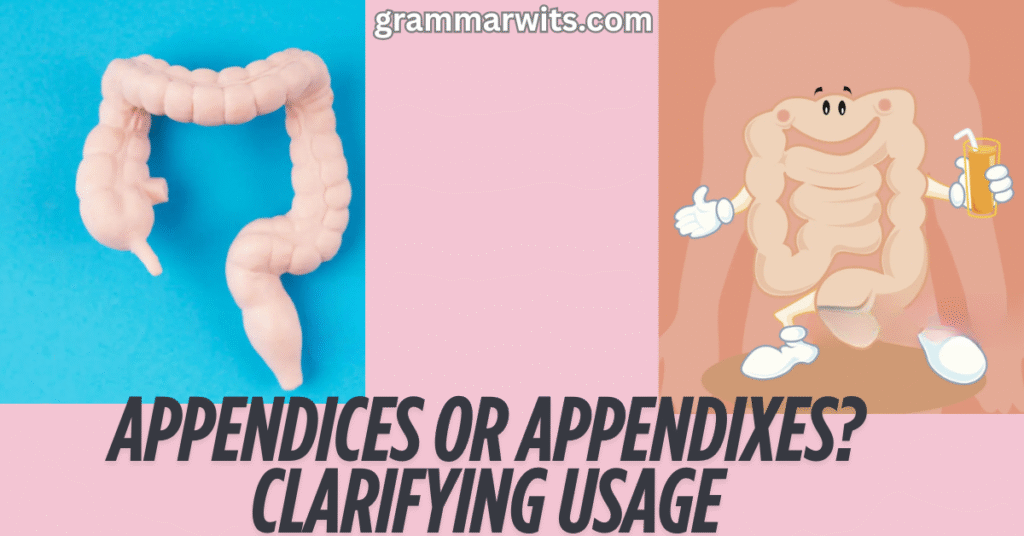GRAMMAR WITS
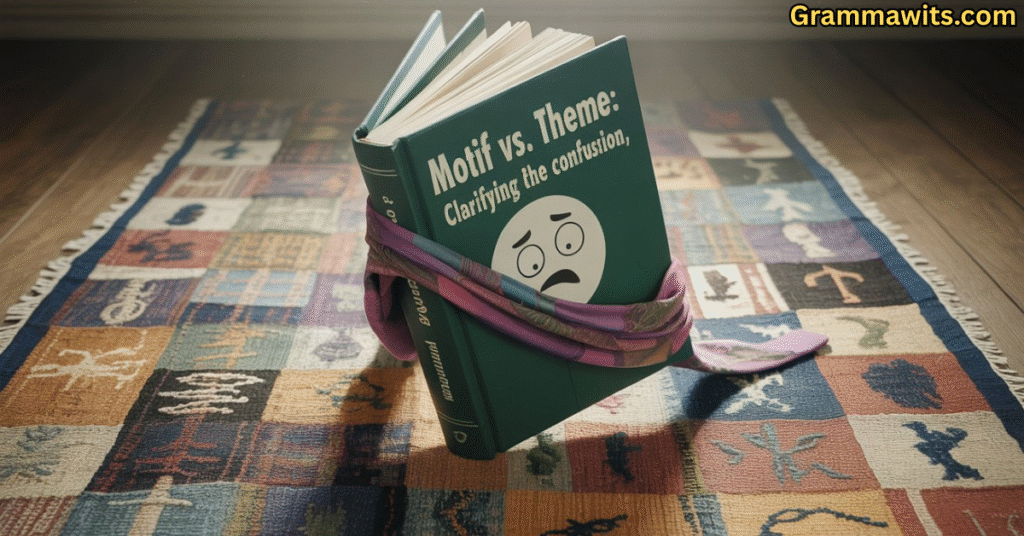
GRAMMAR
Motif vs Theme: Clarifying the Confusion
Picture this: A promising writer submits their $50,000 manuscript to a top publisher. The rejection letter arrives with devastating feedback:...
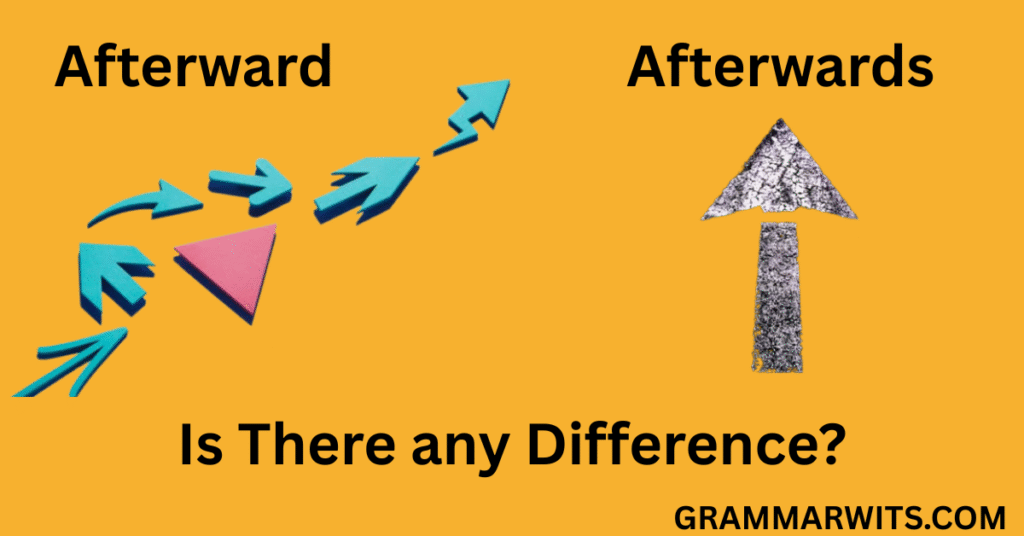
GRAMMAR
Afterward vs Afterwards: Is There any Difference?
“Afterward” and “afterwards” are two adverbs that share the same meaning: they both refer to something happening later in time...
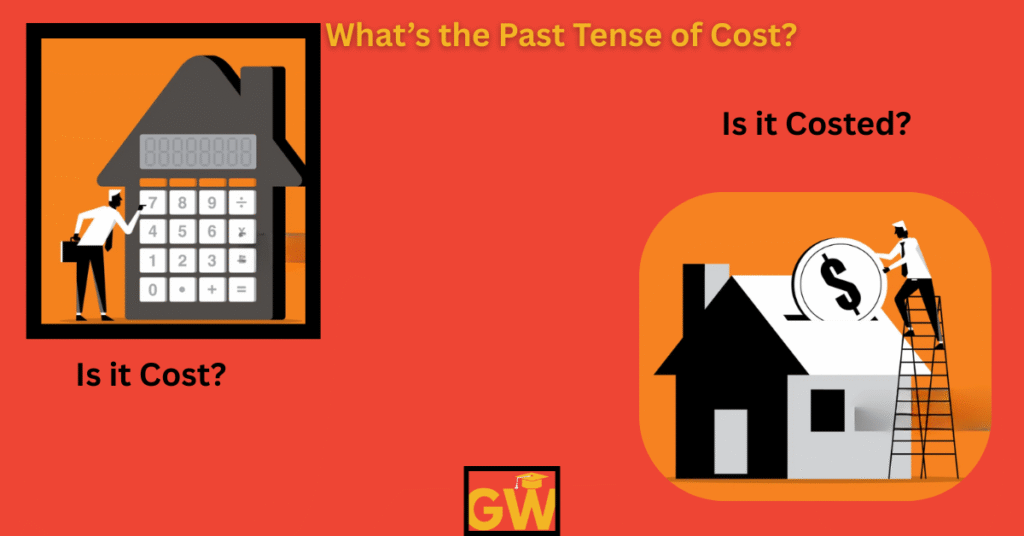
GRAMMAR
What’s the Past Tense of Cost: Is It Cost or Costed?
The phrase “Past Tense of Cost: Is It Cost or Costed” refers to the grammatical usage of the verb “cost”...
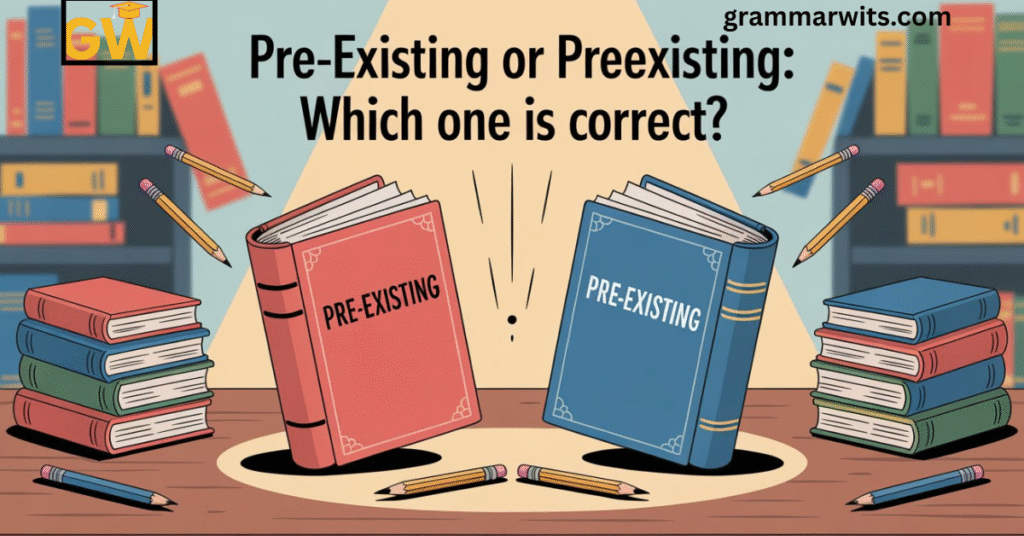
GRAMMAR
Pre-Existing or Preexisting: Which One is Correct?
In the English language, “pre-existing” and “preexisting” are two forms of the same word, both referring to something that existed...
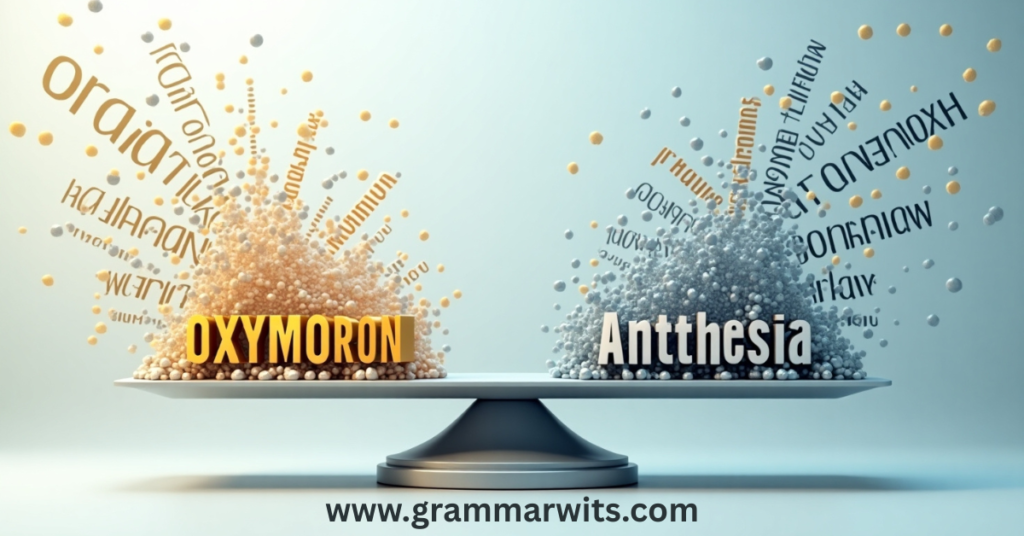
GRAMMAR
Oxymoron vs Antithesis: What’s the difference?
Oxymoron and antithesis are both powerful rhetorical devices used to create contrast, emphasize ideas, and add dramatic flair to writing....
